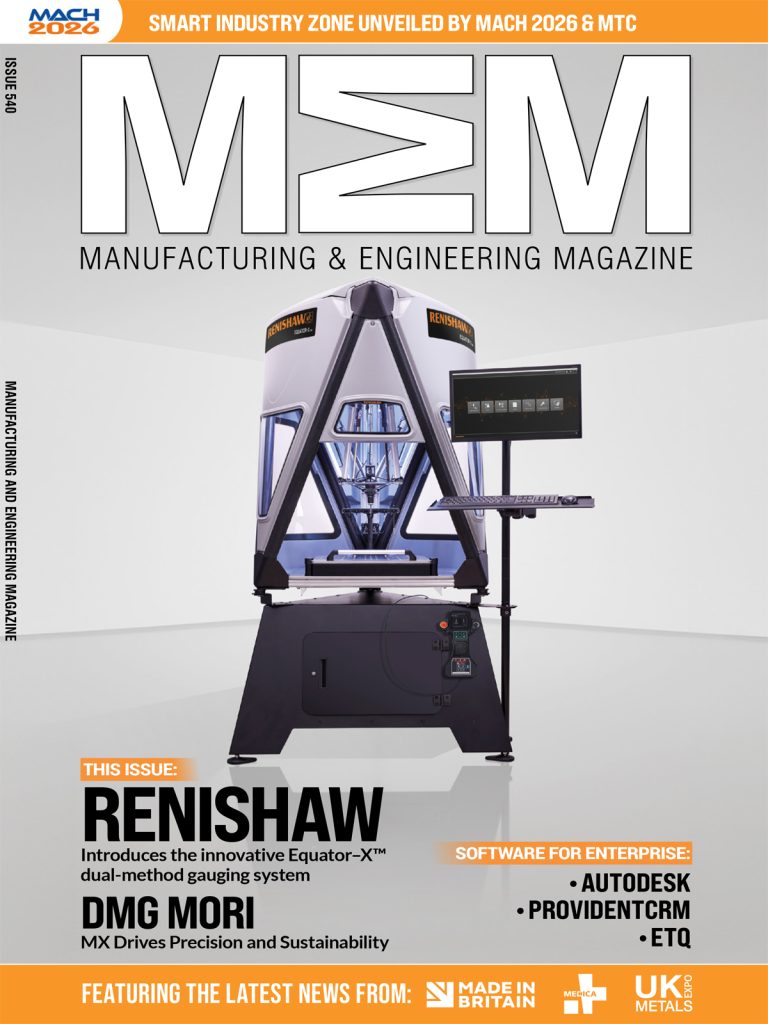The More You Make, the More You ‘Make’. : If you’re manufacturing, you’re innovating. Improving production quality and processes? You’re innovating! Designing new products and materials? You’re innovating!
Introducing new products, processes or technologies is, and always has been, integral to keeping the manufacturing industry moving. As a business owner, you’re spending your time, energy, and money on your passion – your business. Your main concern is retaining competitive advantage, and rightfully so.
But while you’re focused on the above, being hands-on and getting production right, it’s likely you’re blindsided and unaware of the innovation tax reliefs sitting right under your nose.
Are you developing a brand-new process? Perhaps you’re finding new uses for materials that haven’t been proven before. Maybe you’re the first to bring a product to market. In short, if your team’s working on something that involves technical or technological advancements, there’s potential you could claim back thousands of pounds to invest back into your business.
It’s knowing what to look for, but it’s also having the time to do so. You may not spend much of your day sat at a desk – you’re probably out and about in the warehouse or factory keeping a close eye on production. So, wouldn’t it be nice if someone could do all the investigative and administrative R&D, and other innovation tax reliefs work for you?
“It’s Too Good to Be True…”
80% of businesses who could be claiming innovation tax reliefs, aren’t. It’s a huge lost opportunity simply because business owners believe it sounds too good to be true. £50,000 is the average tax-free R&D claim which is a substantial sum to re-invest and fuel future business growth.
One of our clients manufactured a distinctive window that needed to be in keeping with the style of a listed building. It looked just like the original and they’d further developed a patented process to achieve this. We pointed out that this work would be eligible for tax relief and the owner received a total of £158,000. His response? ‘I’m gob smacked, I only came to you for accountancy support initially.’
We don’t consider ourselves a ‘typical’ accountancy firm – we’ll reach into the Fortus’ kit bag of services and call upon our in-house teams to bring you much more than simply processing your accounts.
Change is Inevitable
Big changes are coming to R&D tax incentives from April 2023.
The aim of said changes? To modernise the current regime, bringing further opportunities for innovation and sustainable growth.
Whilst this is good news for the UK economy, innovation tax relief claims will need to be approached with caution. As the changes come into play, UK businesses will face greater scrutiny from HMRC, so the need for expert advice in this area will be critical. Misleading claims and inaccuracies around technical compliance just won’t cut the mustard, and businesses will need to be prepared to answer a raft of questions from HMRC.
What Will Be The Key R&D Drivers?
Broadly speaking, the Autumn Budget 2022 review considered:
- Expanding the definition of ‘R&D’ to bring more activities within the scope of R&D tax relief.
- Maintaining two separate, simplified relief systems for larger and smaller businesses.
- Introducing changes to how the system is administered.
- Introducing territorial requirements to make the reliefs more targeted.
Draft legislation is expected to be published in the summer this year, further advising how the restrictions should be designed and rolled out.
Innovation tax relief plays a fundamental role in incentivising investment and its total value continues to grow year-on-year. While the government’s consultatManufacturing & Engineering Magazine | The Home of Manufacturing Industry Newsion reforms will bring new opportunity, the changes will certainly impact the R&D tax credit landscape. At Fortus, we work with businesses of all sizes to help identify where and how they can claim, ultimately improving their bottom line without getting caught up in unanticipated complications.
Moving forward, businesses will need to submit their intentions for carrying out R&D work a year in advance. In reality, many companies go through what’s considered ‘accidental R&D’ or unintended R&D trying to resolve technical and scientific problems in order to achieve the outcome they want.
There’s a lot of education needed around thinking strategically and planning ahead when it comes to R&D projects and claims. At Fortus we provide guidance, advice and training to business owners on how to keep accurate records as they go along – it needs to be done systematically, if not, they’ll potentially lose out on thousands of pounds of vital tax reliefs.
Keeping Standards High
The lucrative nature of the R&D innovation tax reliefs scheme has led to some significant cases of abuse and ‘boundary pushing’, leading to unfair reward to unqualifying companies. To prevent this potential exploitation in future, the chancellor’s budget noted protecting the integrity of the scheme through employing 100 new HMRC inspectors who’ll be solely focused on R&D tax credit enquiries
Those inexperienced in R&D tax credits will certainly be caught out when substandard claims are presented and fielding difficult questions is probably something you’d rather avoid.
Celebrating and Rewarding The Innovators
Fortus is proud to play a part in supporting entrepreneurial businesses locally and nationally and opening doors to funding their innovation activities. Through our tried, tested, and recommended approach, we’ve helped hundreds of owner managed businesses pay for new equipment and buildings, and even employ new talent into their teams to support their future growth. Our goal’s to uncomplicate the complicated and present opportunities business owners never knew were attainable.
It’s important to note that R&D tax credits are just one of many incentives available to businesses and aren’t specific to any one sector or industry. The types of projects that qualify are those that typically include some level of improvement and the amount businesses can receive depend on two factors: one, the type of relief claimed (e.g., R&D tax relief, tax credits or expenditure credits), and two, the amount of qualifying R&D expenditure.
How a SSAS pension can add value to your R&D claim
The Small Self Administered Scheme (SSAS) is a pension scheme set up by a limited company on a money purchase basis. Essentially it benefits the business owner, company directors and their families. These members are ‘trustees’ and have control and flexibility over the scheme’s asset and pension investment choices.
Talk to us about how you can use this scheme to improve your R&D claims and provide essential funding for future business development projects.
Time to Level Up
The government recently unveiled its flagship ‘Levelling Up’ whitepaper that sets out a plan to ‘transform the UK’. It’s a vision for the future and R&D features heavily throughout as one of the ‘12 Missions’.
We’re set to see public spending on R&D increased in every part of the country, most notably outside the Greater South East increasing by at least 40% by 2030. Plus, major place-based centres of innovation will see local businesses backed by £100 million of new government funding to ‘turbo-charge’ local growth – this is news that’ll be welcomed with open arms.
The new Levelling Up Whitepaper press release published 2nd February 2022 can be found at GOV.UK.
“This year marks a new era for innovation – it’s time to seize financial opportunities and reward businesses for their ingenuity.” Vic Ulfik, Head of Innovation Tax Reliefs, Fortus.
To find out how Fortus Business Advisors & Accountants can help you claim innovation-related tax reliefs, visit fortus.co.uk or call their dedicated team direct on 01604 312271.
Manufacturing & Engineering Magazine | The Home of Manufacturing Industry News













